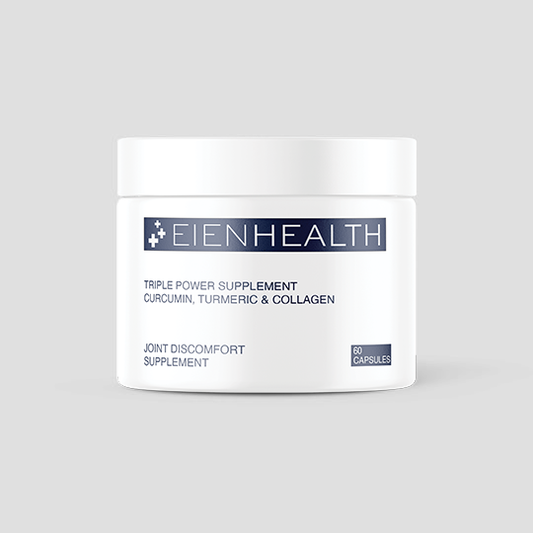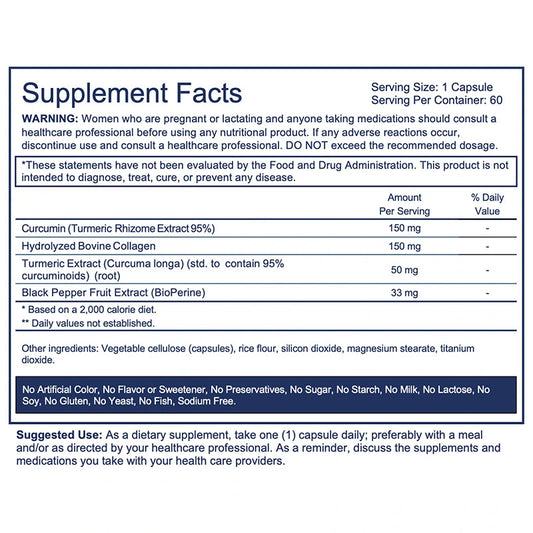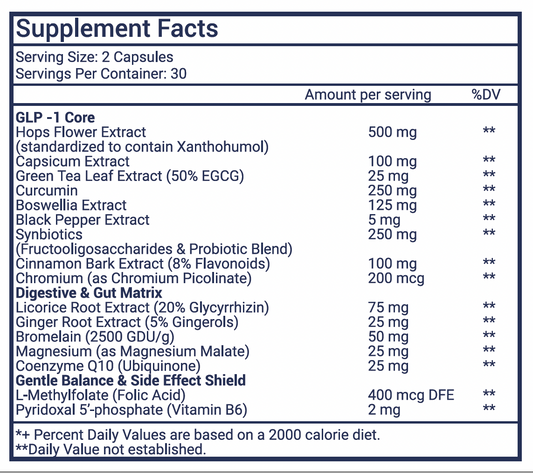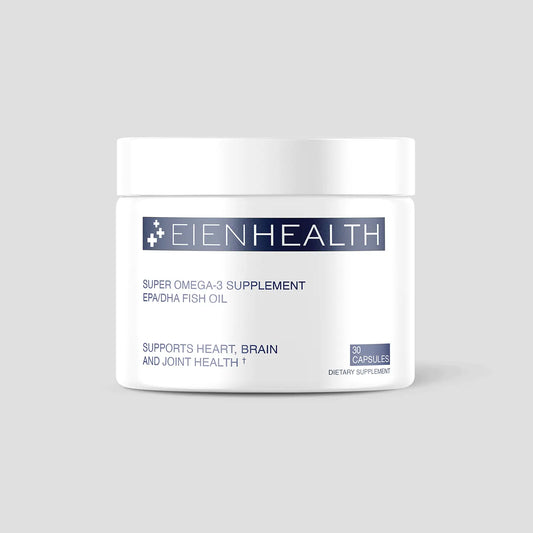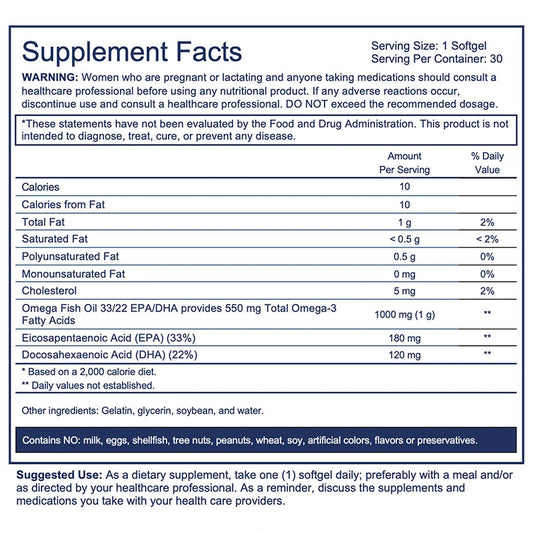I am sure many of you are familiar with this incredible spice called Curcumin, a substance in Turmeric. The Curcumin content of turmeric is not that high, usually around 3%. Hence, if you want to experience the full effects, you need to take a supplement that contains significant amounts of Curcumin. Unfortunately, Curcumin is poorly absorbed into the bloodstream. It helps to consume black pepper with it, which contains piperine, a natural substance that enhances the absorption into the blood. It would be exceedingly difficult to reach these levels just using the turmeric spice in your foods. Therefore, companies began to develop a supplement containing the right amount of Curcumin needed to see results.
Turmeric may be the most effective nutritional supplement in existence. Studies show that it has major benefits for your body and brain. Other than flavor, this wonder from nature has many other health benefits. For starters, it is a powerful antioxidant and anti-inflammatory. Curcumin eases symptoms of osteoarthritis and rheumatoid arthritis, therefore, helping with joint discomfort as well. In the last few years, people have been turning to this to help protect against types of colitis, stomach ulcers, and high cholesterol.
Based on our studies, an effective Turmeric- Curcumin supplement can even help treat upset stomach, diabetes, and viral infections. It has been proven that Curcumin can also help to assist in depression symptoms such as loss of energy and helps alleviate anxiety. Even those that have no health issues have been turning to Curcumin supplements to enhance their immune system and as a preventative measure to stay infection-free. Let me elaborate some more:
Turmeric is a rhizomatous herbaceous perennial plant (Curcuma longa) of the ginger family. The medicinal properties of Turmeric, the source of Curcumin, have been recognized for thousands of years however, only recently, people have been turning to Curcumin to aid with joint discomfort and so much more. Curcumin is being recognized and used all over the world in many different forms for various health benefits. For example, in India, Turmeric—containing Curcumin—has been used in curries and as a medicinal herb; in Japan, it is served in tea; in Thailand, it is used in cosmetics; in China, it is used as a colorant; in Korea, it is served in drinks; in Malaysia, it is used as an antiseptic; in Pakistan, it is used as an anti-inflammatory agent; and in the United States, it is used in mustard sauce, cheese, butter, and chips, as a preservative and a coloring agent, in addition to capsules and powder forms. Curcumin is available in several forms including capsules, tablets, ointments, energy drinks, soaps, and cosmetics. The use of Curcumin has been approved by the US Food and Drug Administration. With all these uses listed, the most popular reason someone would take Curcumin supplements are for joint discomfort.
If you have ever seen Curcumin, you will notice the bright yellow color. Therefore, many countries worldwide use it as a colorant agent as well
With all the wonderful benefits, we have found a few side effects, although not dangerous, I still wanted to share these as well. Some experienced diarrhea, headache, rash, and yellow stool. *Please consult with a physician before taking this supplement if you are pregnant͙. *Turmeric is considered likely unsafe to use during pregnancy.
Although not all side effects are known, turmeric is thought to be likely safe for most people when used as a supplement. The side effects listed above are for long term use. Some may experience none of the above.



